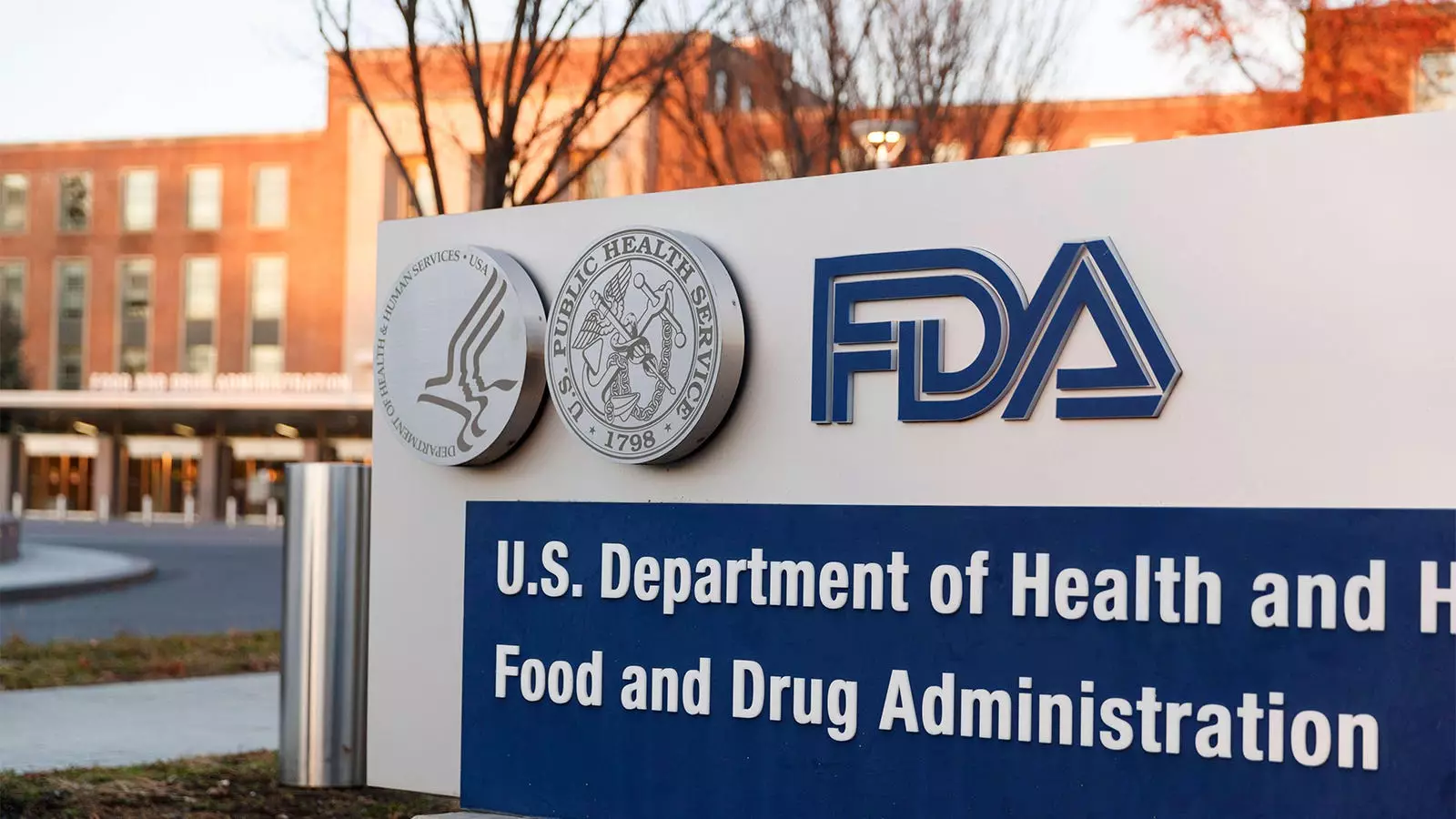The Food and Drug Administration (FDA) has been a crucial player in the regulation of pharmaceuticals, charged with ensuring public health and safety through rigorous approval processes. However, recent findings from the Department of Health and Human Services (HHS) Office of Inspector General (OIG) have drawn attention to concerning inadequacies within the FDA’s accelerated approval pathway, raising critical questions about its efficacy and transparency. This article will analyze the OIG’s findings, the implications for drug approval practices, and the urgent need for reform to restore public trust in the FDA’s processes.
The accelerated approval pathway was established to expedite the review of drugs that address serious or life-threatening conditions, allowing access to potentially beneficial treatments. While this program has the potential to save lives, it relies on surrogate endpoints rather than direct evidence of clinical benefit, putting patients at risk if the drug’s actual effectiveness is not subsequently proven. The OIG’s investigation stems from concerns surrounding the controversial approval of aducanumab (Aduhelm), aimed at treating Alzheimer’s disease. This particular case has catalyzed a broader examination of how the FDA evaluates drug applications and maintains critical protocols.
The OIG’s report identified a troubling trend regarding the FDA’s decision-making process in granting accelerated approvals. Among the 24 drugs analyzed, three—aducanumab, hydroxyprogesterone caproate (Makena), and eteplirsen (Exondys 51)—deviated from standard approval practices. Notably, two of these drugs have since been withdrawn from the market, raising significant concerns about the FDA’s ability to uphold its standards when pressured by pharmaceutical companies.
In the case of aducanumab, the OIG uncovered that the FDA had engaged in questionable practices, including unreported meetings with Biogen and the use of analyses that diverged from the original plans submitted by the drug manufacturer. This lack of documentation and transparency not only jeopardizes the integrity of the approval process but also undermines public confidence in the FDA’s judgment. Without clear, documented reasoning for its decisions, the agency risks being perceived as unduly influenced by the pharmaceutical industry.
The implications of weak oversight in the accelerated approval process are significant. Experts have voiced concerns over the mounting costs associated with these drugs, especially when their efficacy remains unproven. For instance, it has been noted that the average price for treatments like eteplirsen exceeds $1 million annually, which raises ethical questions about resource allocation within healthcare. As billions are spent on these questionable treatments, the financial burden on healthcare systems and patients grows, exacerbating existing inequalities in access to effective care.
Furthermore, delays in confirmatory studies, which are meant to verify the initial surrogate endpoints, can leave patients in limbo without a clear understanding of their treatment options. The OIG has highlighted that the FDA must take more stringent steps to ensure that drug developers complete these studies in a timely manner and that the findings are made public.
The OIG has made specific recommendations aimed at salvaging the integrity of the accelerated approval system. Key among these is the necessity for the FDA to define the criteria under which its internal accelerated approval council would participate in advising on drug applications. This step is vital for creating a clear framework that balances the need for speedy access to new treatments with the imperative for scientific rigor.
While the FDA has acknowledged the importance of documenting meetings with pharmaceutical representatives, it has resisted the recommendation to formalize the role of the accelerated approval council, arguing that it could introduce inefficiencies. This reluctance reveals a troubling tendency to prioritize speed over safety, emphasizing the need for a cultural shift within the agency.
The findings from the OIG’s analysis present an alarming picture of the current state of the FDA’s accelerated approval pathway. The evidence suggests a marked need for reforms that prioritize accountability and transparency within the approval process. As the FDA grapples with these critical challenges, establishing clearer guidelines and ensuring thorough documentation of interactions with pharmaceutical companies is crucial for restoring public trust. Addressing these issues is not just a matter of regulatory compliance; it is central to the ethical practice of medicine and the long-term health of the public. The pathway to meaningful reform must start now to protect patients and enhance the integrity of the drug approval process.


Leave a Reply